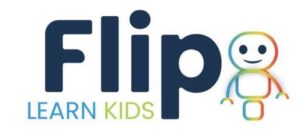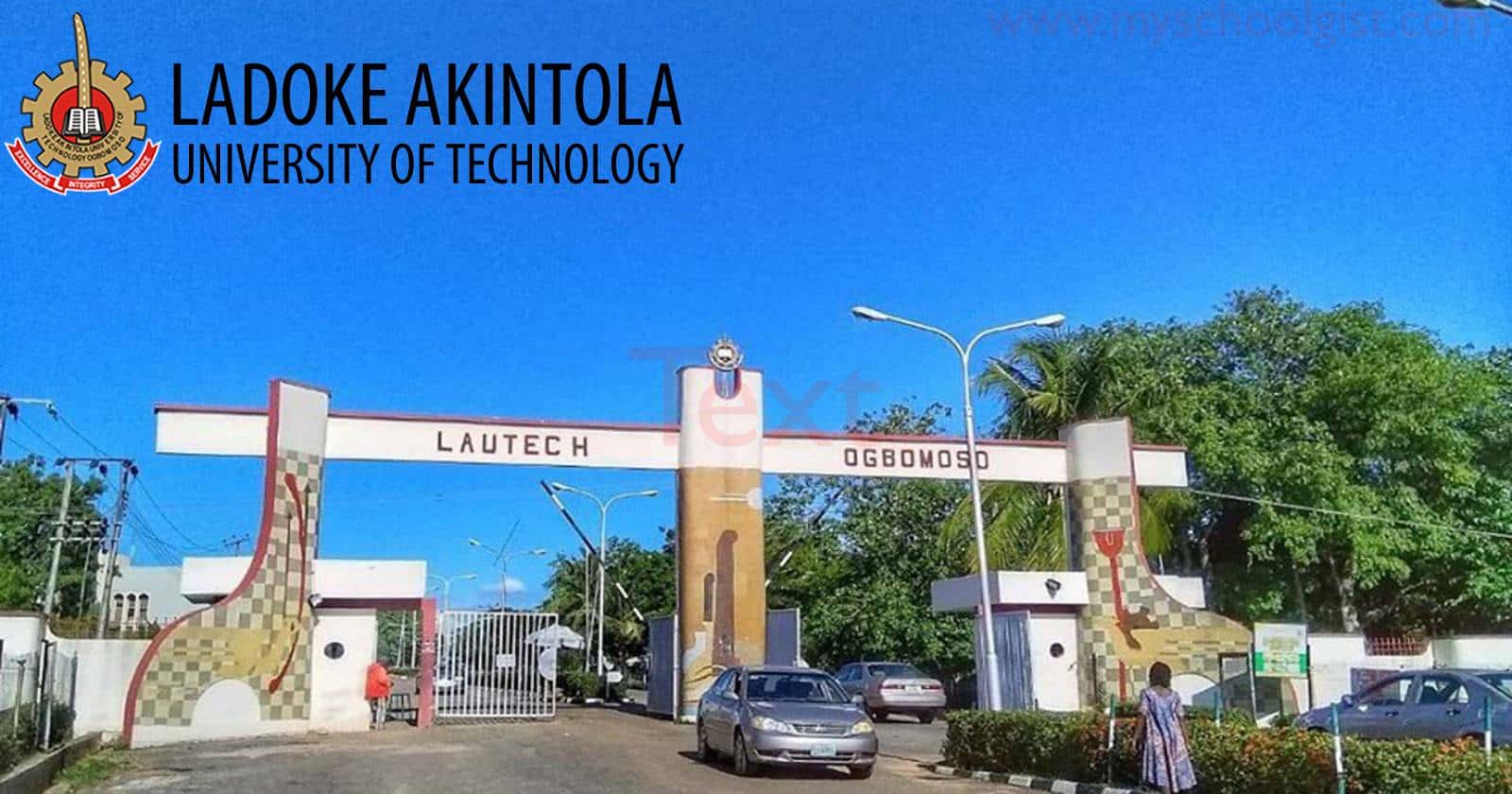Citing ongoing compliance problems with special education evaluation and identification in Texas’ Austin Independent School District, the state education agency has recommended a state-appointed conservator take over management of special education services there.
In a report released last week, the Texas Education Agency said the Austin district has struggled over at least the last three years to manage special education evaluation and identification procedures. A TEA investigation also found the district failed to provide several students’ individual special education services, as guaranteed by the federal Individuals with Disabilities Education Act.
The Austin ISD Board of Trustees said in a March 31 statement that the district has been “aggressively taking on this work in a new way since January” to address its special education needs. Steps taken include a centralized database to track evaluations, more training and intensive monitoring, and “new openness and transparency” with the public about the district’s needs, the board said.
The district’s challenges with evaluations, however, are part of larger issues that include state-level underfunding of special education programs and a chronic nationwide shortage of special education personnel, some educators and stakeholders said.
The recommendation for an Austin ISD conservatorship is unlike TEA’s announcement last month to replace both the school board and superintendent of Houston Independent School District. That effort occurred after a lengthy legal battle and state accusations of governance and academic deficiencies on the district’s part.
In Austin, the state is recommending the appointment of a management team to oversee only special education operations. “The nature of special education requires that the management team be provided adequate powers to effectuate change in many areas of the District,” TEA’s March 31 report said.
“TEA believes that all students, when properly supported, can learn at high levels,” said an emailed statement from TEA. “The Agency has developed a rigorous plan for AISD to implement so it can return to state and federal compliance and begin appropriately serving students in need of special education services as quickly as possible.”
Past due evaluations
The report said Austin ISD leaders, when shown a preliminary report, did not contest the findings. Austin ISD can appeal the conservatorship and has until April 17 to request an informal review of TEA’s report and appointment of a conservator.
Some 13.4% of the district’s 73,384 students qualify for special education services, according to Austin ISD’s website.
During a special meeting Monday evening, the district’s board of trustees heard recorded testimony from several educators who said more supports, resources and funding from the state are needed to help the district meet special education obligations. Trustees also heard from parents of children with delayed evaluations.
A special education initial or recurrent evaluation determines if a child has a disability that impacts learning and, if so, what specialized services and educational placements are needed to help that student make progress. Texas requires that initial evaluations occur within 45 school days. Federal law requires they be conducted within 60 days of receiving parental consent for the evaluation. Reevaluations typically occur at least every three years as required by federal law.
Evaluations are a comprehensive review of data about a student’s developmental and academic performance and are typically conducted by a school psychologist or other qualified evaluator.
Because Austin ISD had a “significant number” of initial evaluations pending in fall 2022, and after multiple corrective action efforts failed to move the district toward compliance, the state began the special investigation.
During Monday’s Board of Trustees meeting, Dru McGovern-Robinett, assistant superintendent of special education programs, said the district had 1,808 initial evaluations and reevaluations past due as of March 20. About 8,000 evaluations have been completed since March 2021, including 1,263 since January, McGovern-Robinett said.
McGovern-Robinett also said only 22 of the 75 positions for licensed school psychologists and educational diagnosticians are filled, and that 58 evaluators had resigned or retired between 2019 and 2022. To spur recruitment, the district is offering a $20,000 annual incentive to licensed school psychologists and educational diagnosticians who are hired.
Funding formula recommendation
The severe shortage of special education personnel and lack of state-level funding for special education are to blame for the evaluation delays, some administration advocates and community members said.
“Special education funding has always been inadequate. The pipeline for educators is broken,” said Theresa Parsons, executive director of the Texas Council of Administrators of Special Education, in a statement. “There is a critical shortage of evaluation personnel, with districts all over Texas reporting that they are unable to find educational diagnosticians, school psychologists and speech language pathologists to keep up with evaluations and address backlogs.”
Parsons said state-level funding for special education programs across Texas falls about $2.3 billion short of what’s needed.
A commission tasked with reviewing the state’s allocation of special education dollars recommended in December that the funding formula change to a service intensity-based system. That would let the state fund special education based on the needs of the student rather than the placement in which the student receives services, the commission said.
According to a March 31 statement by Texas Rep. Gina Hinojosa, a Democrat who is a former Austin ISD School Board member, said the district’s “deficiencies regarding our students in special education are unacceptable.”
However, Hinojosa said she was “dismayed” at the prospect of a conservatorship at this time, particularly as the state education agency’s special education is under corrective action by the U.S. Department of Education.
That corrective action began in 2018 and was initiated after the U.S. Education Department found the share of students identified for special education services statewide had decreased in the face of an overall increase in student population. The decline in special education enrollment — from 11.6% in 2004 to 8.6% in 2016 — was due to a state indicator that districts perceived as an 8.5% limit for special education enrollment.
Under federal law, school systems cannot cap special education enrollment and must serve all students who qualify for IDEA services regardless of the cost or staffing availability. The number of students who qualify for special education services has slowly but steadily risen nationwide since 2010, from 5.8 million students ages 6-21 to 6.5 million or 9.8% of the total school-aged population in 2019, according to the U.S. Department of Education.
“The solution to our immense challenges in public education will not be solved by consolidating power in the hands of Governor [Greg] Abbott’s appointed commissioner; we will never achieve the results our kids deserve by shortchanging their education and their future,” Hinojosa said.






Leave a Reply